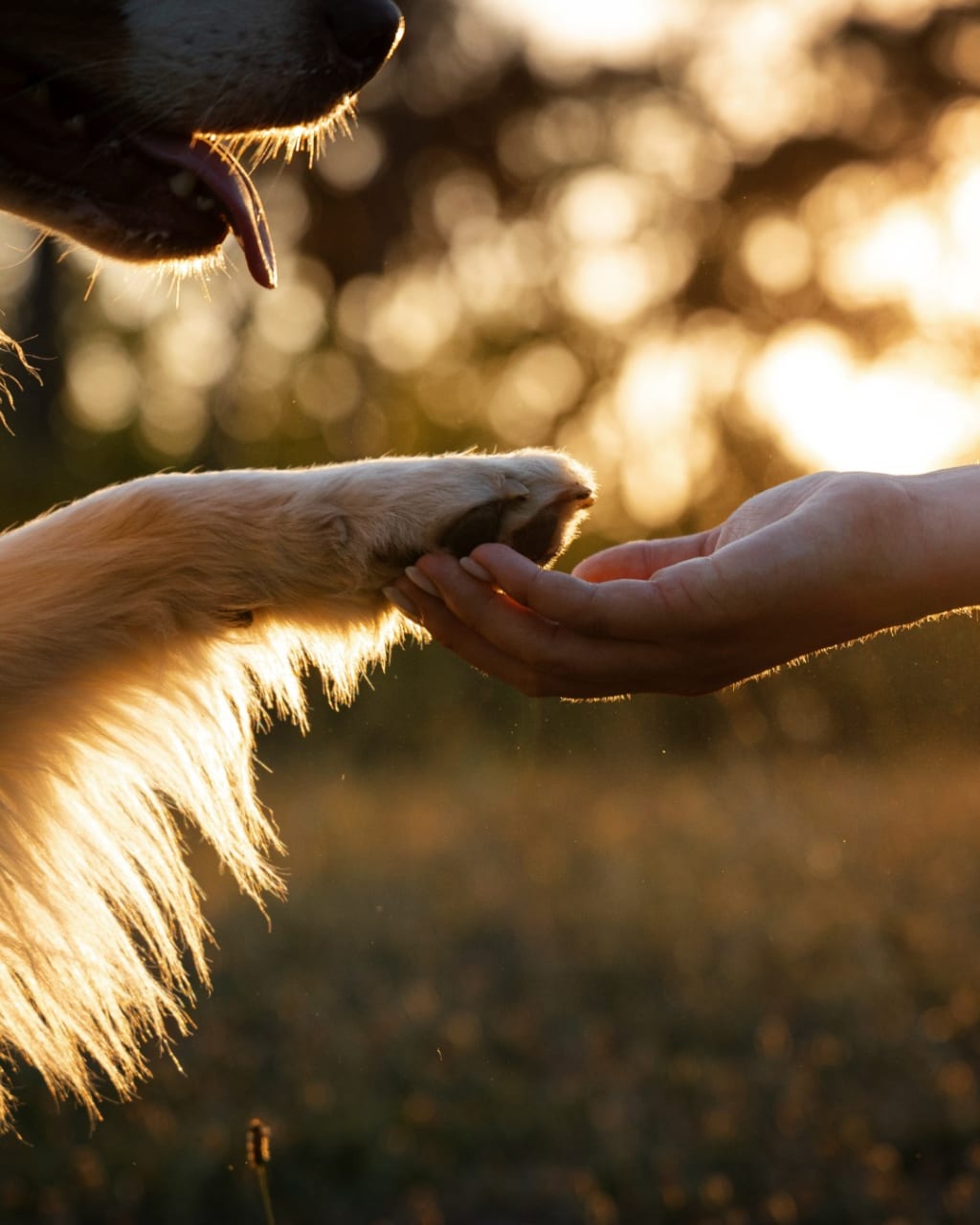Raising a Well-Behaved Pup
A Comprehensive Guide to Puppy Training

Puppy Training: A Beginner's Guide
Bringing a new puppy into your home can be an exciting and rewarding experience, but it also requires a lot of hard work and patience. Proper training is essential for a well-behaved, happy, and healthy pup. This article will discuss some critical puppy training tips and explore the benefits and challenges of having a puppy.
CLICK HERE FOR THE PUPPY TRAINING BASICS BOOK
Establishing a Routine and Setting Boundaries
One of the first things you should do when you bring your puppy home is establishing a routine. This includes regular feeding times, exercise, and potty training. Setting boundaries and creating a consistent way will help your puppy understand what is expected of them and make movement easier.
Positive Reinforcement Techniques
Positive reinforcement is a crucial aspect of successful puppy training. This means using treats and praise to encourage good behavior. For example, when your puppy goes potty in the designated area, please give them pleasure and lots of praise. This will help your puppy understand that this behavior is what you want them to do.
Consistency is Key
Consistency is vital when it comes to puppy training. Be consistent in your commands, rewards, and discipline. If you use different words or tips for the same behavior, your puppy will be confused, and training will be less effective.
Why Having a Puppy is Good for Your Health
Having a puppy can be good for your health in many ways. For example, having a puppy can help reduce stress and anxiety, increase physical activity and social interaction, and provide companionship. Studies have shown that pet owners have lower blood pressure and heart rates than non-pet owners.
Ups and Downs of Having a Puppy
While having a puppy can be incredibly rewarding, it also comes with its own set of challenges. Some of the downsides of having a puppy include the following:
Potty training can be time-consuming and frustrating.
Puppies are known for chewing on things they shouldn't, which can destroy your belongings.
Bringing a new puppy into your home can be a joyful experience, but it also comes with challenges, such as keeping your house in order. Potty training, chewing, and general misbehavior can contribute to a chaotic household. However, with the proper training techniques and patience, you can teach your puppy to behave and keep your house in order.
Potty Training
Potty training is one of the most critical and challenging aspects of puppy training. The key to successful potty training is consistency and patience. Establish a regular feeding and potty schedule, and take your puppy outside to designated potty areas at set times. Use positive reinforcement, such as treats and praise, when your puppy goes potty in the appropriate place. Please carefully supervise your puppy and confine them to a small area or crate when you can't watch them; this will help them learn to hold it until they can go outside.
Chew Training
Another common problem that puppy owners face is their tendency to chew on things they shouldn't. Chewing is a natural behavior for puppies but it can destroy your belongings. To prevent this, provide your puppy with plenty of chew toys and praise them when they chew on them. If you catch them chewing on something, they shouldn't, redirect them to a chew toy and praise them when they start to chew on it instead.
Behavior Training
Puppies are naturally curious and energetic, which can lead to misbehavior such as jumping, barking, or digging. To prevent this, establish boundaries and rules and consistently enforce them. Use positive reinforcement techniques to reward good behavior and redirect your puppy's energy into more appropriate activities.
In conclusion, puppy training is essential to keeping your house in order. Potty training, chew training, and behavior training are all important aspects of puppy training. With patience, consistency, and positive reinforcement, you can teach your puppy to behave and keep your house in order while still enjoying all the love and joy of having a new puppy.
About the Creator
Kenny Pena
hello, my name is Kenny, I'm a blogger and article writer. I also do some inspirational speaking from time to time. I like to mentor any chance I get because life is about giving. I like to run at 4 am and play pool when I can.






Comments
There are no comments for this story
Be the first to respond and start the conversation.